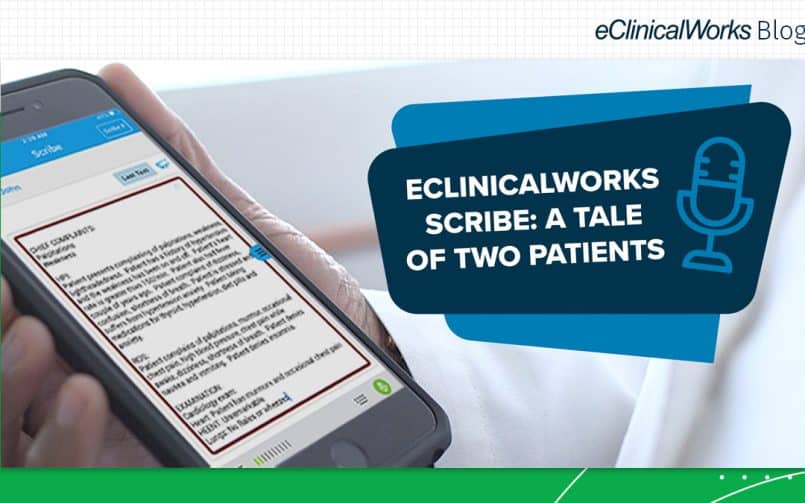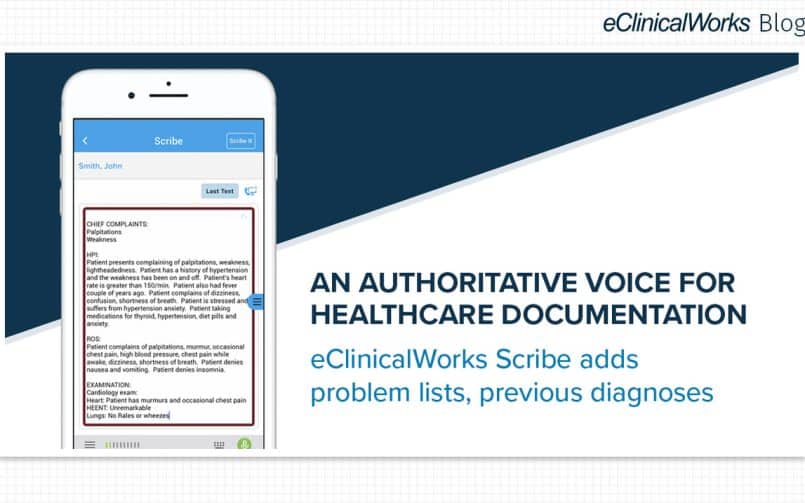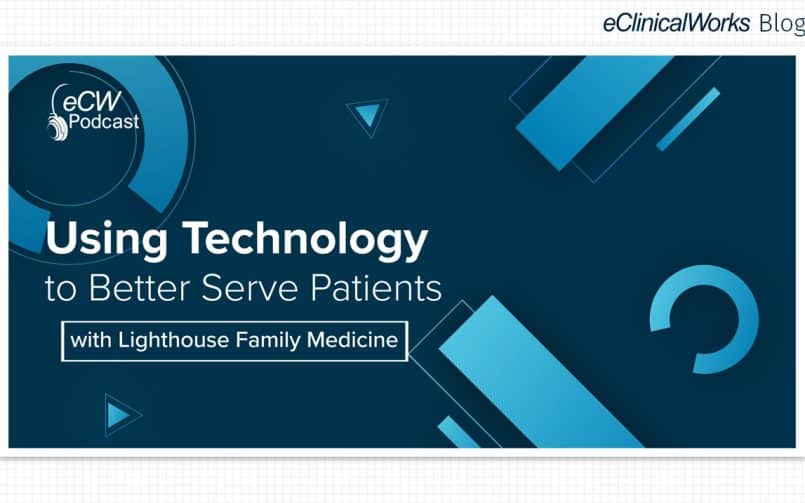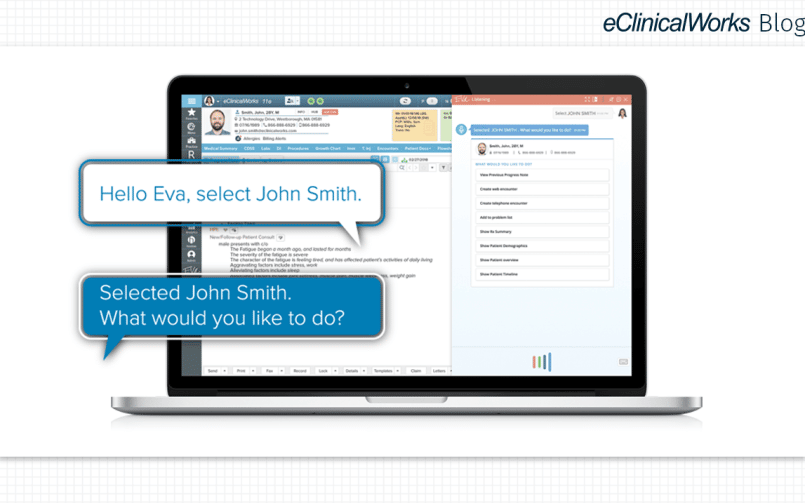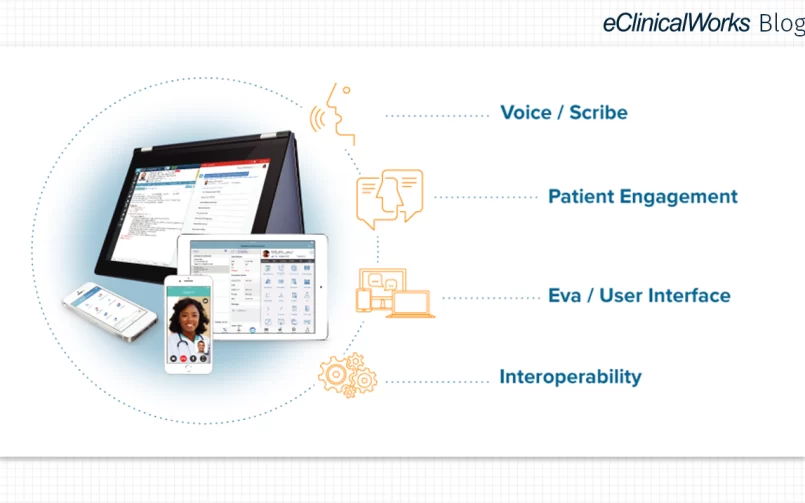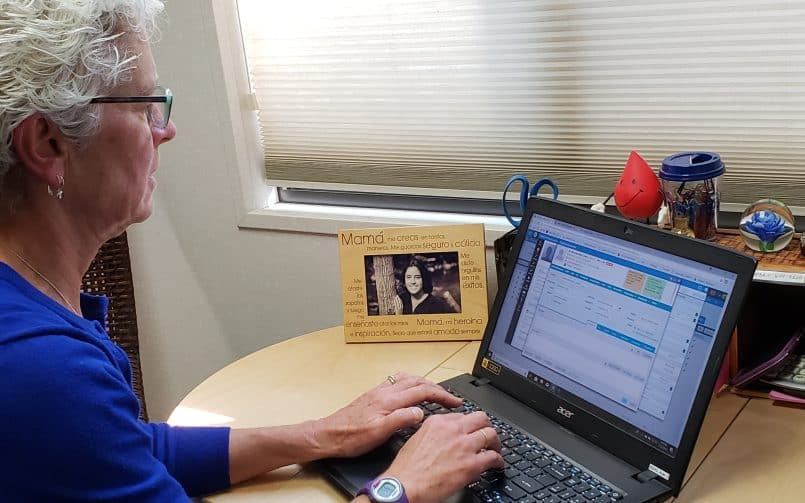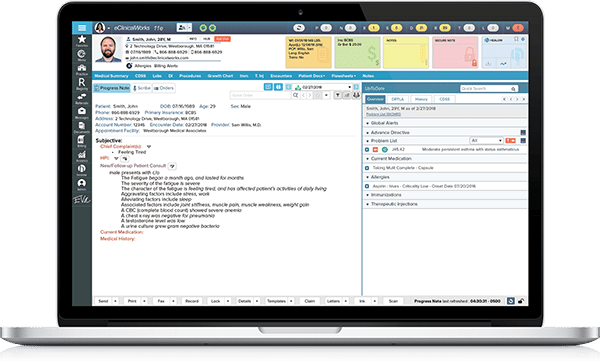How Providers Can Keep Their Focus During the COVID Era
- 12 January 2021
- Blog
eClinicalWorks

The power of mindfulness
The COVID-19 pandemic has been tough on everyone, particularly for those fighting each day on the frontlines of care. A September 2020 study revealed that 64% of the US physicians surveyed were experiencing provider burnout at the time they were interviewed.
To cope with the stress of nonstop and intensive care, 29% of providers who participated in the before mentioned study began to eat more, 19% began to drink more alcohol, and 2% of the providers used more prescription stimulants/medications.
Although these coping mechanisms may temporarily ease some of the stress, none is an effective or beneficial long-term strategy for one’s physical and mental health! Mindfulness, or the state of being fully present in terms of location and action, could be a more positive outlet for providers to combat burnout.
“Mindfulness is really important in times like this,” said Auguste H. Fortin VI, MD, MPH, a Yale Medicine internal medicine specialist who has recommended mindfulness practices to patients to help cope with illnesses, “It’s not just the kind of grief you feel when a loved one dies — it’s grief created by so much uncertainty. We liked the way things were.”
With that being said, let’s take a closer look at what mindfulness is and how it can help providers during these challenging times.
Yoga, meditation, and guided imagery
A review of mindfulness studies, published in The American Journal of Medicine, noted that “an important barrier to broad implementation of mindfulness in healthcare settings is the time required for training and practice.”
The authors reviewed thousands of citations in the medical literature and identified 14 studies published within the past decade that were found to have a positive impact in improving provider well-being.
The studies, conducted in the U.S., Canada, Thailand, and Tasmania, ranged from 10 to 245 participants and employed a variety of techniques, including yoga, meditation, breathing exercises, and guided imagery techniques.
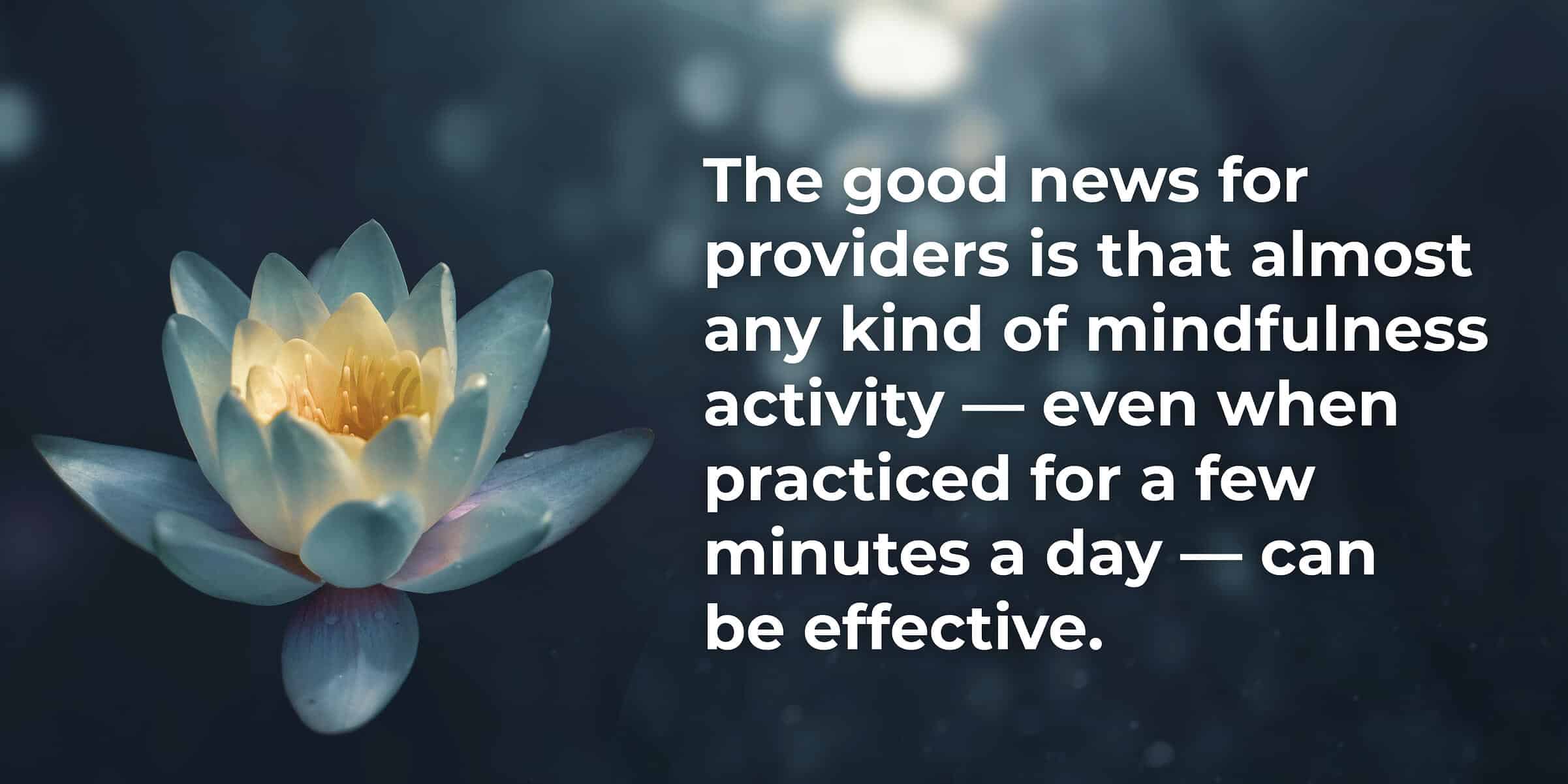
Make training short and flexible
The studies reviewed in the article were limited to those of four hours duration or less, reflecting a widespread industry practice of limiting mindfulness activities and trainings to a half-day or less. That time frame offers practices greater flexibility with staffing and delivers value without leading to fatigue.
The good news for providers is that almost any kind of mindfulness activity — even when practiced for a few minutes a day — can be effective. Moreover, the authors of the review note that “the type of mindfulness-based training may be less important than adaptation to provider setting and schedule.”
In other words, an effective strategy for incorporating mindfulness training into your practice can build upon the same kinds of customization that characterize workflows and documentation techniques. You want providers to buy into the concept of taking a mental break, but how they take that break can safely be left up to them.
How eClinicalWorks can help
eClinicalWorks can’t lead a meditation session at your practice, but we can help support your mindfulness efforts by providing industry-leading tools to reduce the burdens providers face each day.
You can check out some of the tools we offer to reduce the burden on physicians and listen to an eClinicalWorks Podcast detailing how a busy GI practice is using eClinicalWorks Scribe® to speed workflows.
Dr. James S. Leavitt, CEO at Florida’s Gastro Health, notes that providers get into medicine to provide care, but too often find they are spending more time on keyboard clicks and paperwork than actual care.
The purpose of great healthcare IT, of course, is to recover some of that “process” time, which can be used far more productively in other ways — restoring work/life balance, spending time on patient care, and even taking a few minutes each day to focus on mindfulness.





